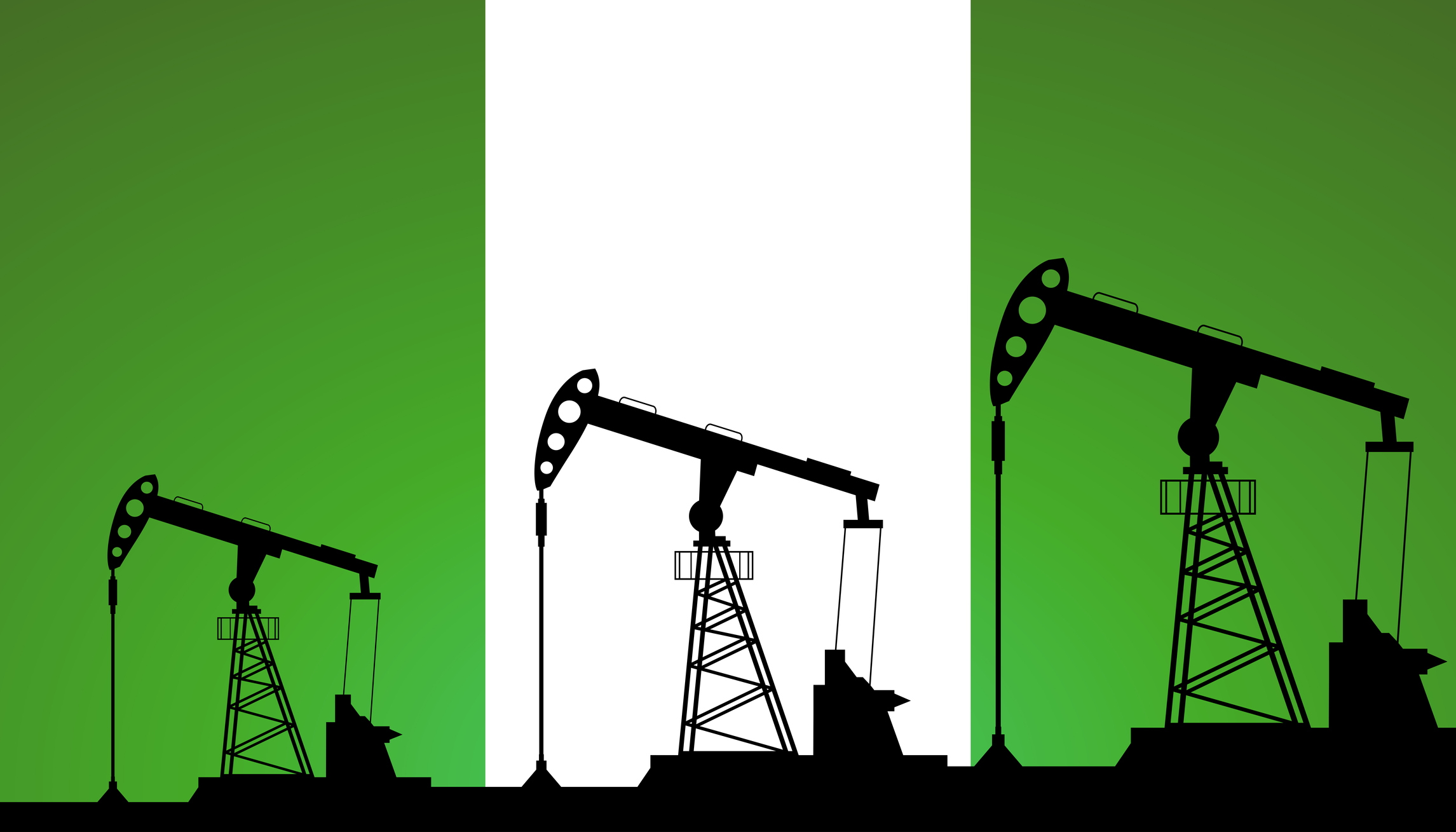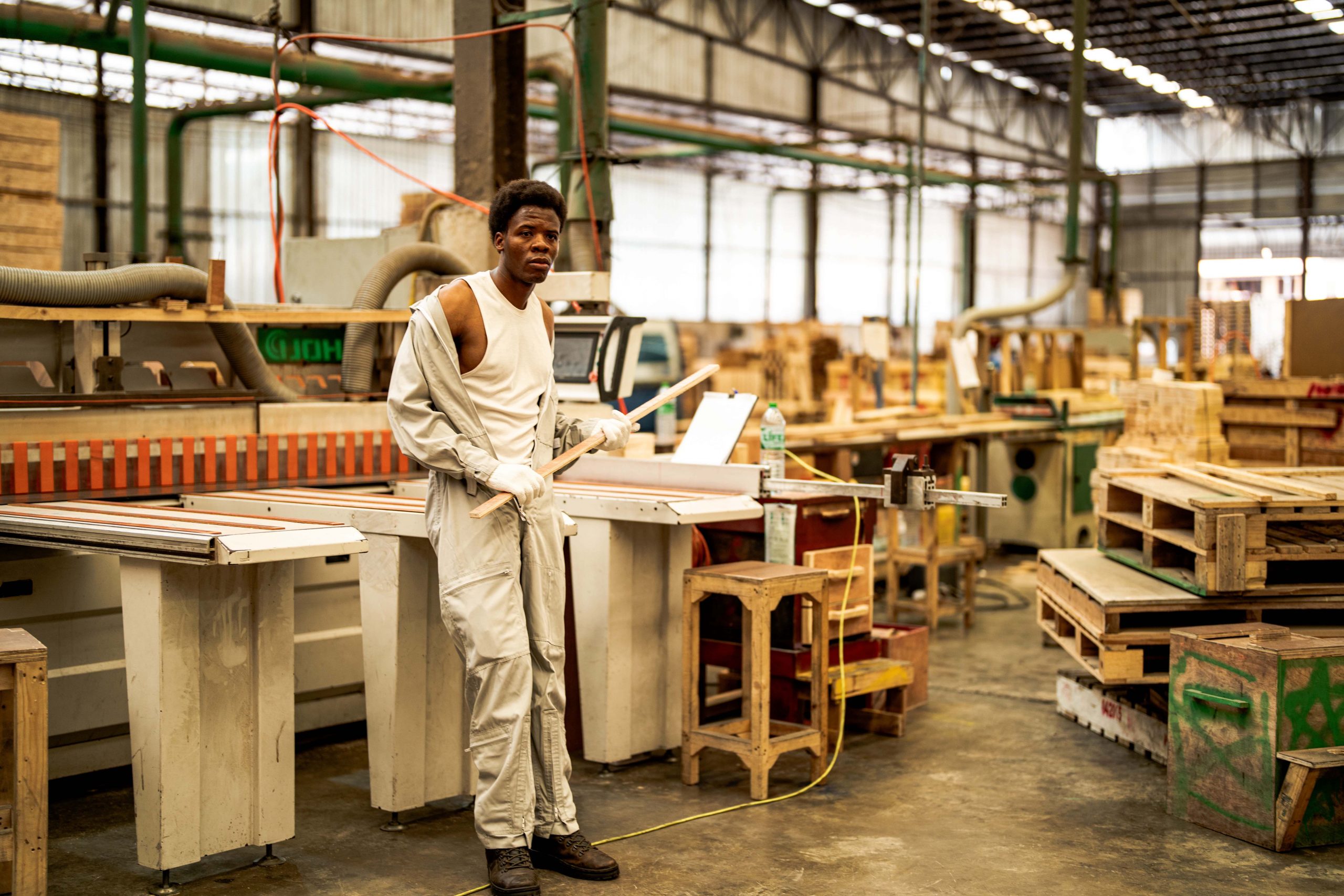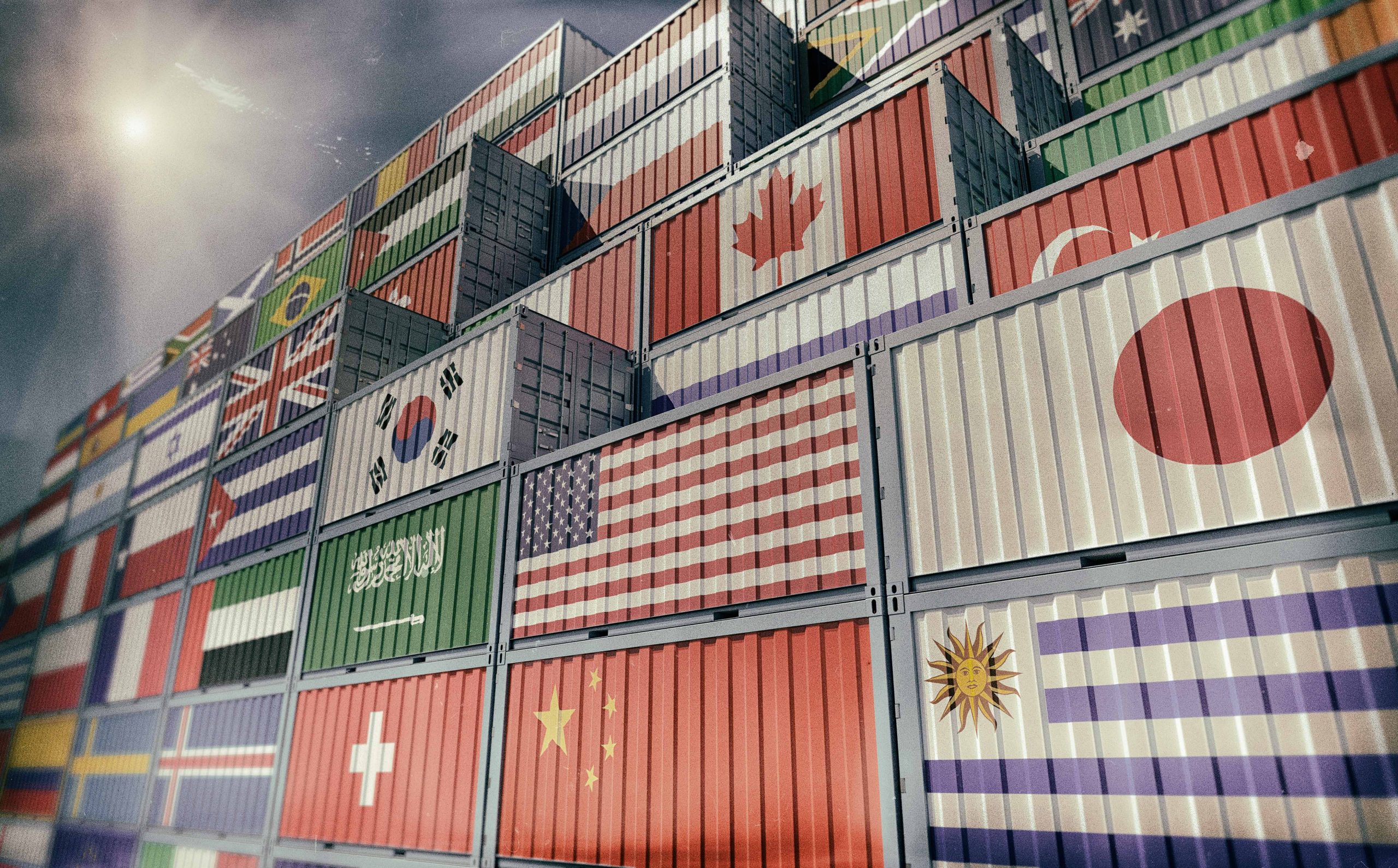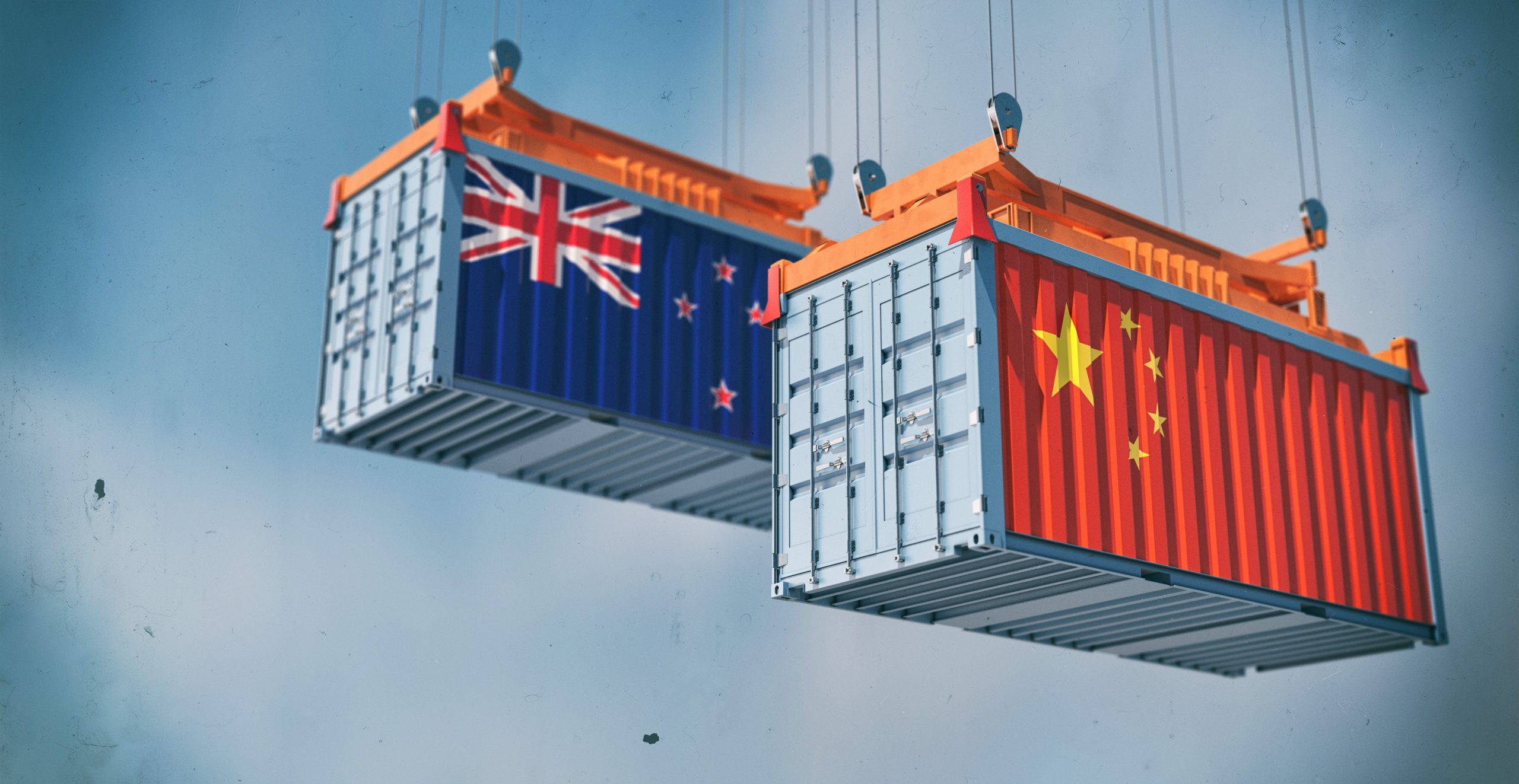How to Buy Diesel in Nigeria: A Guide to Buying Diesel at the Dangote Refinery
How to Buy Diesel in Nigeria: A Guide to Buying Diesel at the Dangote Refinery
The Dangote Refinery, one of the largest refineries in Africa, offers a reliable source for high-quality diesel fuel in Nigeria. This guide will walk you through the process of purchasing diesel from the Dangote Refinery, ensuring you understand the requirements and steps involved.
Overview of the Dangote Refinery
Location: Located in the Lekki Free Trade Zone near Lagos, the Dangote Refinery is set to become a significant player in Nigeria’s oil and gas industry. It has a capacity to process about 650,000 barrels of crude oil per day, producing various petroleum products including diesel.
Steps to Buying Diesel at the Dangote Refinery
1. Understand the Market and Requirements
Overview: Before purchasing diesel, it’s crucial to understand the market dynamics and specific requirements for buying from a major refinery like Dangote.
Key Points:
- Know the Current Market Price: Diesel prices can fluctuate based on market conditions. Stay updated on current prices to make informed decisions.
- Regulations: Ensure compliance with any local regulations and standards for purchasing and transporting diesel fuel.
- Documentation: Prepare all necessary documentation, such as business registration and permits.
Sources:
2. Establish a Business Relationship
Overview: Building a relationship with the Dangote Refinery or its authorized distributors is essential for smooth transactions.
Steps:
- Contact the Refinery: Reach out to the Dangote Refinery directly or through their official website to inquire about becoming a diesel buyer.
- Meet Representatives: Schedule meetings with refinery representatives to discuss your needs and the buying process.
- Negotiate Terms: Discuss pricing, delivery terms, and payment conditions.
Contact Information:
3. Complete the Application Process
Overview: Formalize your intent to purchase by completing any required application forms and agreements.
Steps:
- Fill Out Application Forms: Provide necessary business details, financial capabilities, and intended purchase volumes.
- Submit Documentation: Include business registration, tax identification, and any relevant permits.
- Review and Approval: Wait for the refinery to review and approve your application.
4. Place Your Order
Overview: Once approved, you can place your order for diesel.
Steps:
- Specify Quantities: Clearly state the amount of diesel you intend to purchase.
- Choose Delivery Method: Decide whether you want the diesel delivered to your location or if you will pick it up from the refinery.
- Confirm Pricing: Ensure you agree on the final pricing, including any taxes or additional charges.
Sources:
5. Payment and Delivery
Overview: Complete the payment process and arrange for the delivery of diesel.
Steps:
- Payment Terms: Follow the agreed payment terms, which may include upfront payment or a credit arrangement.
- Transportation: Arrange for transportation, ensuring compliance with safety and regulatory standards.
- Receipt of Goods: Verify the quantity and quality of diesel upon delivery.
Tips:
- Use reputable transport companies with experience in handling petroleum products.
- Inspect the diesel for quality assurance.
Tips for Buying Diesel in Nigeria
- Quality Assurance: Always verify the quality of diesel to avoid issues with engine performance or regulatory compliance.
- Reliable Suppliers: Purchase from reputable suppliers to ensure you get genuine products.
- Storage: Ensure you have proper storage facilities that meet safety standards to store the diesel.
Conclusion
Buying diesel from the Dangote Refinery in Nigeria involves understanding market conditions, establishing a business relationship, completing necessary applications, placing your order, and ensuring proper payment and delivery. By following these steps, you can secure high-quality diesel for your business needs.








LEAVE A COMMENT
You must be logged in to post a comment.